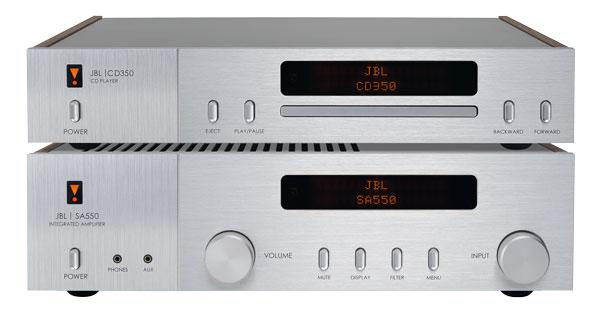|
Jun 22, 2025 |
First Published: Jun 01, 2025
|
Jun 25, 2025 |
First Published: Jun 01, 2025
|
Jun 04, 2025 |
First Published: May 01, 2025
|
Jun 06, 2025 |
First Published: May 01, 2025
|
May 02, 2025 |
First Published: Apr 01, 2025
|
Feb 05, 2025 |
First Published: Mar 01, 2025
|
Mar 03, 2025 |
First Published: Dec 01, 2024
|
Jun 01, 2025 |
First Published: Nov 01, 2024
|
Apr 23, 2025 |
First Published: Oct 01, 2024
|
Apr 25, 2025 |
First Published: Oct 01, 2024

 Marantz returns to the premium hi-fi sector with a trio of heavyweight flagship models including an SACD player/DAC, integrated amplifier and network-attached preamplifier
Marantz returns to the premium hi-fi sector with a trio of heavyweight flagship models including an SACD player/DAC, integrated amplifier and network-attached preamplifier


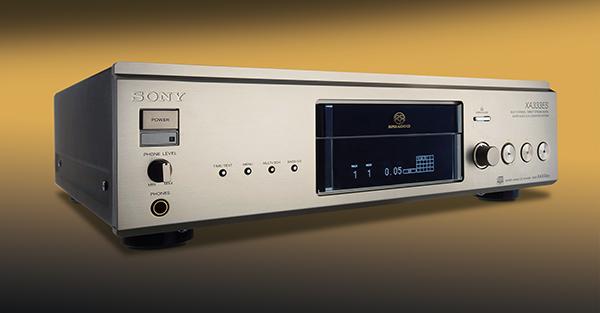

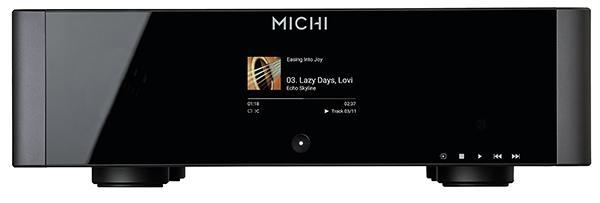

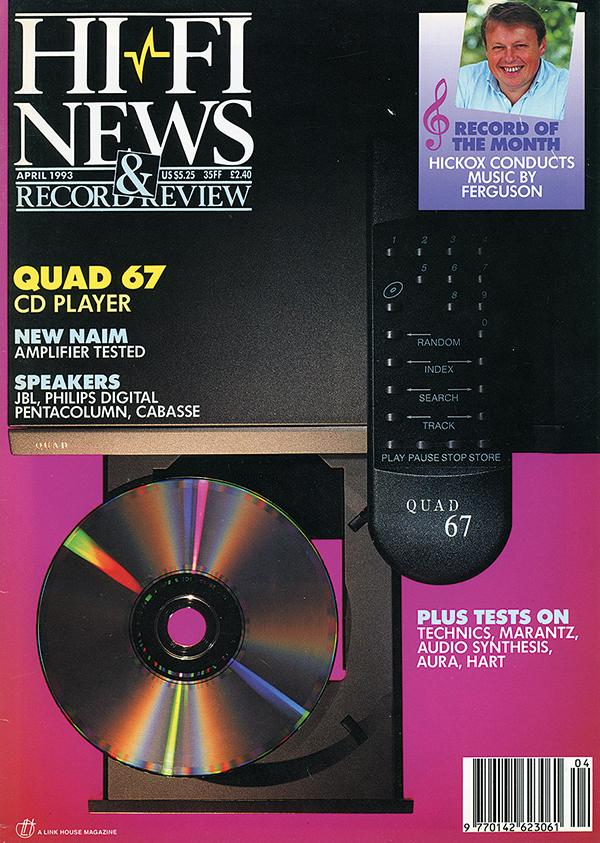

 The long-anticipated final piece in Exposure’s 3510 series has arrived – a CD player that leverages the 3010 S2 series electronics and XM CD’s top-loading transport mechanism
The long-anticipated final piece in Exposure’s 3510 series has arrived – a CD player that leverages the 3010 S2 series electronics and XM CD’s top-loading transport mechanism
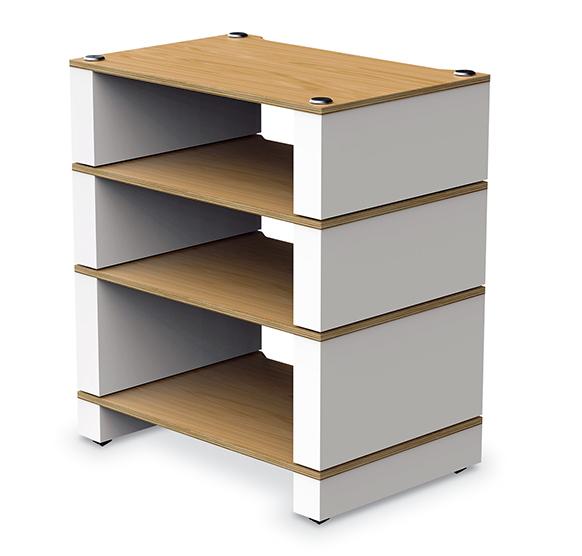
 Produced under the watchful eye of Monitor Audio, Blok’s modular ‘hi-fi furniture’ combines acoustic engineering with contemporary design.
Produced under the watchful eye of Monitor Audio, Blok’s modular ‘hi-fi furniture’ combines acoustic engineering with contemporary design.
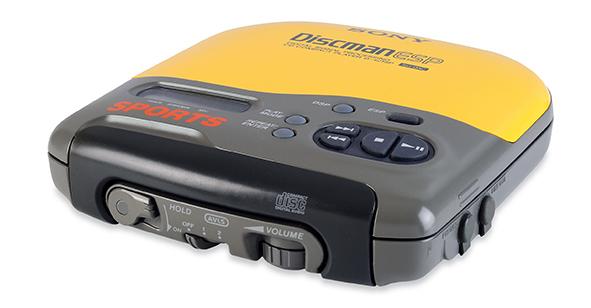
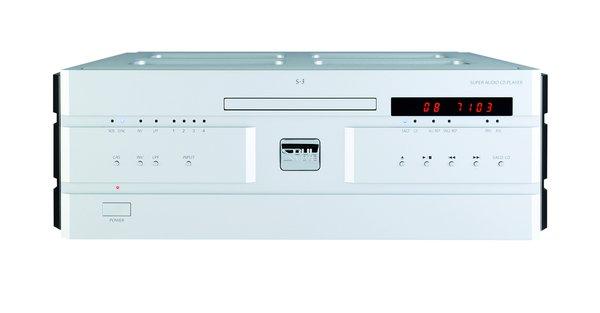
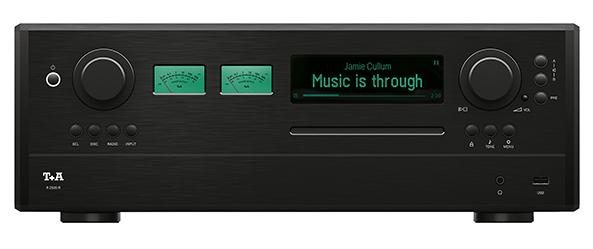
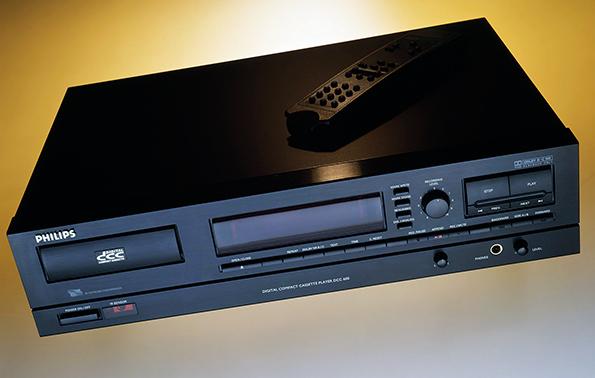
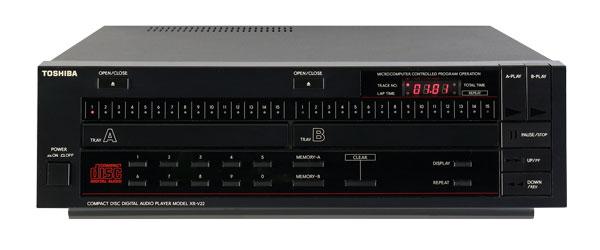
 Gimmick or grand plan as Toshiba looks to spice up the mid-’80s CD scene with a
dual-disc player offering over two hours of continuous music. How does it fare today?
Gimmick or grand plan as Toshiba looks to spice up the mid-’80s CD scene with a
dual-disc player offering over two hours of continuous music. How does it fare today?
